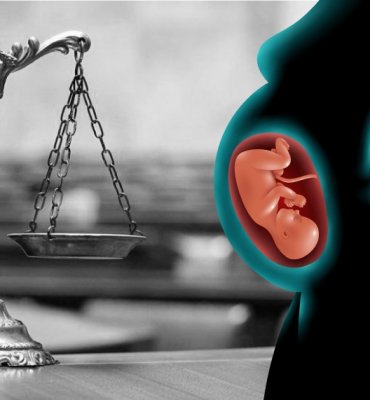
This achievement highlights the growing role of AI in drug discovery and development, offering the potential to accelerate the process and address unmet medical needs more effectively
In an exciting development, Insilico Medicine, a biotech startup based in Hong Kong, has created the first drug fully generated by artificial intelligence (AI) and has initiated clinical trials with human patients. The drug, called INS018_055, is being developed as a treatment for idiopathic pulmonary fibrosis (IPF), a chronic lung disease characterized by scarring of the lung tissue. If left untreated, IPF can be life-threatening within a few years.
What sets this AI-generated drug apart is that it not only utilizes AI in its design but also in the discovery of a novel target for the drug. According to Alex Zhavoronkov, the founder and CEO of Insilico Medicine, the goal was to create a groundbreaking medicine to address the challenges faced by current IPF treatments, which primarily focus on slowing down the disease progression and often cause uncomfortable side effects.
Insilico Medicine has chosen to prioritize IPF due to its implications in the aging process, but the company has also developed two other drugs with the help of AI. One is a drug for COVID-19, currently in phase one clinical trials, and the other is a cancer drug, specifically a "USP1 inhibitor" for the treatment of solid tumors, which recently received FDA approval to initiate clinical trials.
The current clinical trial for the IPF drug is a randomized, double-blind, placebo-controlled study being conducted in China over a 12-week period. Insilico Medicine plans to expand the trial to include 60 subjects at 40 sites in both the United States and China. If the phase two trial yields positive results, further studies with larger cohorts, including potentially hundreds of participants, will follow in subsequent phases.
While it's challenging to predict the exact timeline for future phases, Zhavoronkov mentioned that they expect to have results from the current phase two trial next year. If the drug continues to show promise and receives regulatory approval, it could become available to patients within the next few years.
This achievement highlights the growing role of AI in drug discovery and development, offering the potential to accelerate the process and address unmet medical needs more effectively. However, it's important to note that AI-generated drugs still undergo rigorous testing and regulatory scrutiny to ensure their safety and efficacy before they can be made available to the public.










